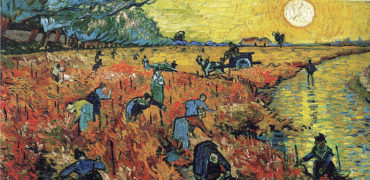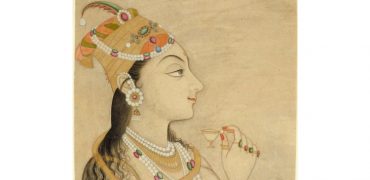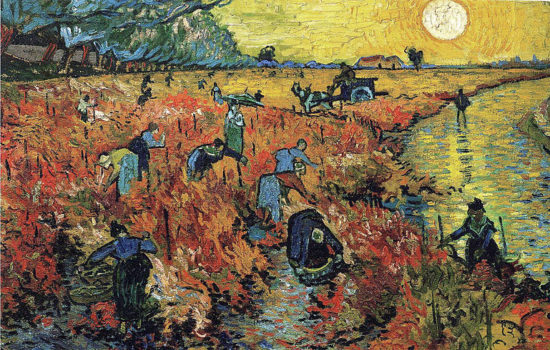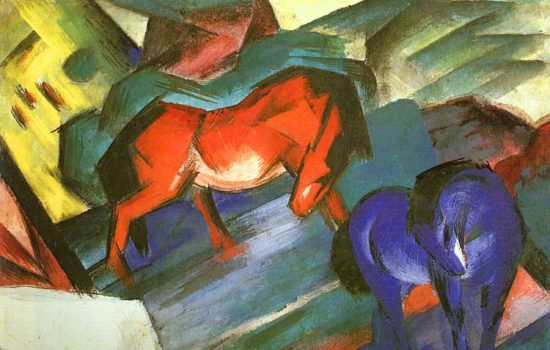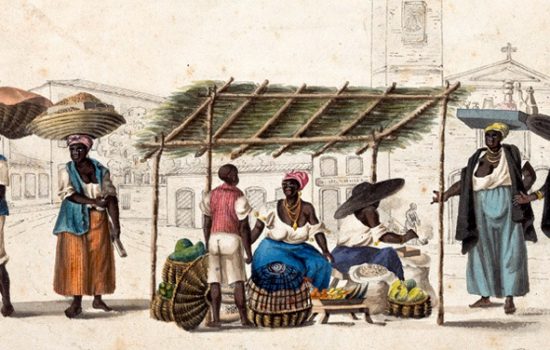Authored by Francesco Montanari Leonelli, Phd, of consuel at Lex Alimentaria Studio Legale.
Earlier this year, the EU reported two cases of African Swine Fever in wild boars in Lithuania and Poland near the border with Belarus. African Swine Fever is a disease that, though harmless to humans, provokes high mortality rates in animals (mainly domestic pigs and wild boars). With the exception of Sardinia, where it is endemic, the EU territory has been always considered as free from the disease.On the other hand, in Russia, Belarus and Ukraine and other Caucasian countries several outbreaks have been reported since 2007.
Following the two outbreaks in Lithuania and Poland, the EU immediately demarcated the infested areas and limited movement of susceptible live animals and products from those areas. Despite the guarantees offered by the EU in terms of control and eradications measures, the veterinary services of Russia notified to the World Trade Organisation (WTO) the introduction of a temporary suspension of imports from those two Member States (January and February 2014). Nonetheless, the trade ban as implemented by Russia concerned, in practice, the whole EU, since Russian authorities considered the lack of controls within the EU internal market did not ensure adequate surveillance and traceability.
Following the outbreaks, the European Commission requested scientific advice of the European Food Safety Authority (EFSA) on two occasions. In the first place, tasked with assessing the control measures deployed at EU level to avoid further spreading of the disease, EFSA concluded for their effectiveness. Secondly, with reference to the presence of the disease in neighbouring countries, whilst considering endemicity in Russia as high and the relevant control activities insufficient, EFSA considered that country as the main pathway for introduction of African Swine Fever in the EU.
Because of the import ban maintained by Russia, EU exports are suffering significant economic losses. Effectively, Russia is largely dependent on EU exports of pork meat and pig products. In spite of two months of intense bilateral negotiations, the European Commission did not succeed in having the Russian ban lifted. As a result on 8 April last, the EU requested the opening of formal consultations with Russia in the context of WTO, alleging violations of several provisions of the Sanitary and Phytosanitary Agreement and of the General Agreement on Tariffs and Trade. According to WTO rules, the two parties will have at least 60 days to settle the controversy. Should the ongoing formal consultations not be successful, the EU may eventually request the composition of an independent panel to rule on the dispute.
Commission Implementing Decision 2014/178/EU
http://eur-lex.europa.eu/legal-content/EN/TXT/PDF/?uri=CELEX:32014D0178&from=EN
EFSA output




